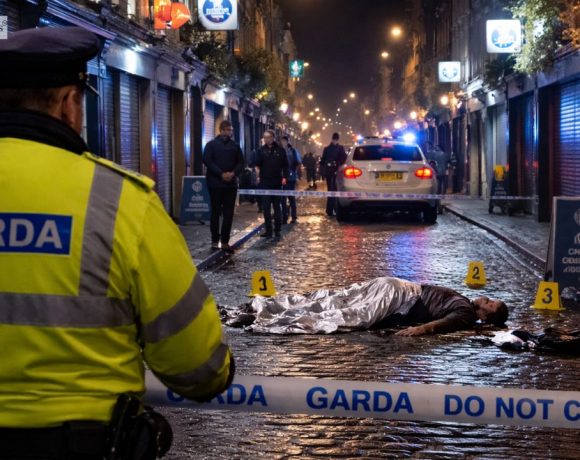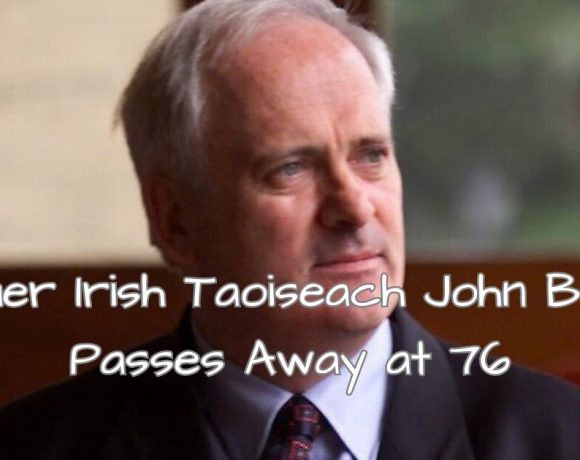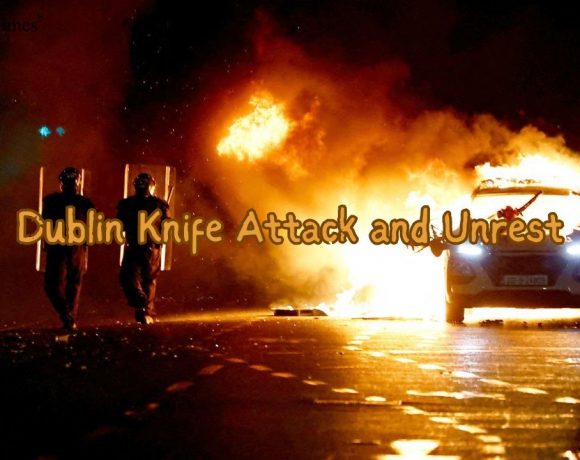
Police in Dublin are appealing for public assistance to identify a man who remains in critical condition following a violent assault in the Temple Bar area. An Garda Síochána said the incident took place on Cope Street shortly after midnight on Wednesday, when the victim was seriously injured. Emergency responders transported him to Beaumont Hospital, where he continues to receive intensive medical treatment.
According to reports from RTÉ, the man was attacked by two suspects and later found unconscious at the scene. Authorities have not yet confirmed his identity and are urging anyone who may recognize him to come forward. Gardaí noted that the victim has a distinctive tattoo on his right forearm showing a blue and white flag alongside the words “Ceol is Beatha,” which translates to “music is life.”
Investigators are asking anyone who was in the Cope Street area between midnight and 1:00 a.m. to contact police if they witnessed anything suspicious. They have also requested that members of the public review and share any camera or mobile phone footage that could assist the investigation. Police say public cooperation could play a key role in identifying the victim and determining the circumstances surrounding the attack.
Pic courtesy: google/ images are subject to copyright




